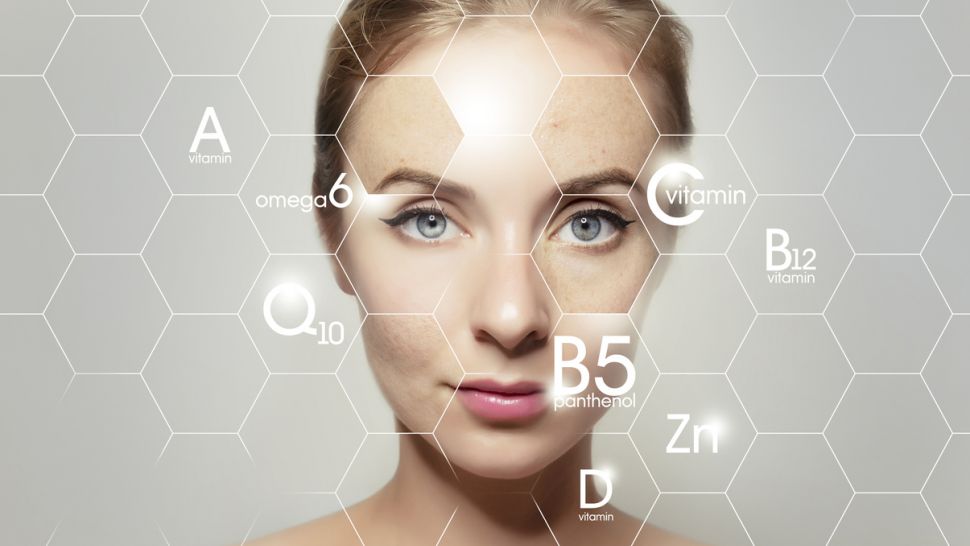Vitamin A, also called retinol, has a keratolytic – exfoliating effect and provides its beneficial effects in a short period of time – just a week. It contributes to the elimination of dead cells, which, when they accumulate in larger quantities, take away from the radiance of the skin and emphasize wrinkles on its surface.
This vitamin favors the renewal of the epidermis, as well as its functions, which naturally slow down after the age of 50. In the long term, vitamin A stimulates the production of collagen, which contributes to the elasticity and firm appearance of the skin, but also protects the integrity of elastin.
Retinol is also used against acne, as it releases accumulated sebum in the pores and has an anti-inflammatory effect. It is important to apply this vitamin with caution, only in the evening, initially for 3, then for 2 days, and finally every day – with good skin tolerance. It is not recommended to apply on the eye contour, around the nose and lips, as well as when exposed to sunlight.
Vitamin C
Vitamin C is naturally contained in the skin, but its structure is disturbed under the influence of air pollution and sunlight. That is why it is important to provide it to the skin through cosmetic products. This vitamin contributes to restoring the radiance and natural glow of the skin. However, its application is not suitable for sensitive skin, as well as year-round. Vitamin C has a protective and antioxidant effect, it regulates the appearance of hyperpigmentation, which leads to the formation of brown spots on the skin and redness, as it protects blood vessels.
Vitamin B3
Vitamin B3, also known as niacinamide, is a multivitamin. It helps reduce inflammation and is effective against both acne and rosacea. Niacinamide favors the barrier functions of the skin, as it stimulates the production of ceramides and prevents the evaporation of moisture that is retained in the skin. That’s why vitamin B3 is an excellent hydrating agent that increases collagen production and prevents the appearance of brown spots on the skin. This vitamin reduces the yellow tinge seen with oxidative stress and restores the skin’s radiance. However, it should be used in optimally concentrated formulas, as high amounts can stimulate inflammation and promote redness and skin discomfort.
Vitamin B5
Vitamin B5, also called panthenol, has a valuable effect on wound healing, but also reduces inflammation in the skin and reduces redness and irritation. In addition, it is a valuable moisturizing agent and is an excellent part of skin care for frequent exposure to the sun.
Vitamin E
Vitamin E protects the epidermis from free radicals that accumulate during oxidative stress and also prevents skin aging. The sun’s rays break the integrity of the lipid layer covering the skin. Vitamin E has valuable benefits for the skin after exposure to sunlight, but it also has a nourishing and hydrating effect, making it an excellent tool in the care of dry skin.
